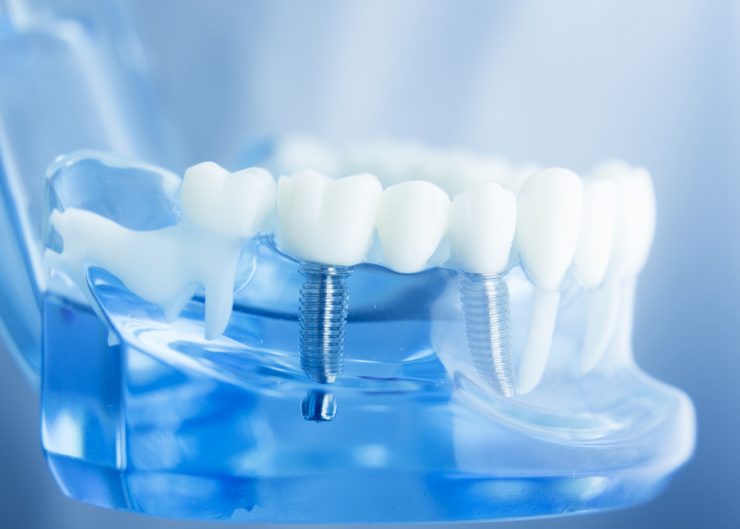When you have lost some front teeth, every smile makes you self-conscious and every meal makes you remember what you’ve lost. Dental implants can fix all that, but they’re expensive and some people fear that the price is rising. Is that true? If you’ve been putting money aside so that you can afford them, should you carry on or would it be better to take out a loan or an instalment plan with your dentist so that you can get them sooner?
Is the price rise real?
It’s difficult to get a clear estimate of the cost of dental implants across the board because different practitioners charge very different amounts. What we can tell is that quite a number of dentists have increased what they charge over the course of this year. That is to be expected however, due to the natural process of inflation – the prices of other products and services have also been rising. There’s no evidence that dental implant prices are rising steeply, out of step with this, so if your dentist has recently raised prices by a lot, it’s probably worth looking around for a better deal. Just make sure that you get references and check that those doing the job are fully accredited, wherever you go.
Improvements in technology
You might think that introducing more technology into the dental implant process would make it more expensive, but when you look at the big picture, you’ll see that the reverse is happening. This is because computer modeling now enables dentists to get a much clearer idea of what will fit the patient than they could do by themselves, and computer guided implantation means a better fit with the jaw. Both these factors are gradually reducing the rate of complications and they therefore mean that fewer patients need follow-up procedures, saving on overall costs.

The long-term picture
Over the past five years the market for dental implants has expanded rapidly, with more and more people opting for them over alternatives like dentures. This means that equipment and materials used in the procedure are now able to be manufactured on a larger scale, reducing costs in each individual case. It’s also inspiring more dentists to train in this type of work, increasing competition in the marketplace. This is good news for consumers because both factors are likely to drive down costs over time.
Financing dental implants
If you’re struggling to find finance for dental implants, there are several things you can try. Firstly, check both your dental and your medical insurance policies, and call for advice if you’re unsure. If you’ve lost teeth due to an accident or assault, see if you can get the cost covered in a compensation claim. If neither of these approaches helps, talk to your dentist about the options open to you. It might be easier for you to access this sort of treatment than you think, without breaking the bank.













